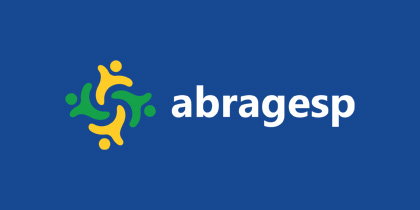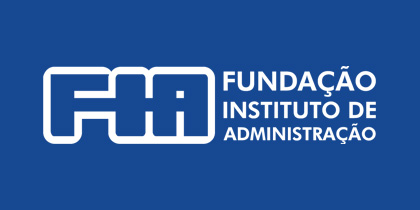Exploring the Frontiers of Sports Intelligence: An Analysis of the Sports Intelligence Research Institute
An Analysis of the Sports Intelligence Research Institute
Keywords:
Database, Research, Public policy, Management, SportAbstract
In the current world, sport has a direct and indirect impact on society, and there is a demand to generate data and information, creating countless possibilities for both academia and society. Of course, the continuous expansion of information can create positive and negative aspects depending on how this information is handled. In this sense, taking care of and evaluating sources of information are alternatives to orthodox solutions that can sometimes cause problems of interpretation. Given that the fallacy of common sense can still exist in sport, it's important to note that the right information at the right time can lead to changes in society toward a system that can improve and discuss sport in depth. The effort to analyze data and information faces certain difficulties and extends the scope and importance of the expected return in the long term, based on the gap in the collection of information and systematization of such data in the Brazilian scenario. At an organizational level, information becomes a structure that sport can use to facilitate the creation of strategic knowledge in order to achieve excellence, and aware of the importance of management in the development of sport as a relevant area for society in general. In the face of the expansion of Brazilian sport and its public policies, the Sport Intelligence Research Institute began as a collaborative effort between the Federal University of Paraná and the Ministry of Sport with the National High-Performance Sport Secretariat in 2013. This partnership aimed to produce, collect, systematize, analyze, and disseminate information on high-performance sport in Brazil and to analyze public policies for sport. The Institute is an initiative to systematize data on sports in order to contribute to sports programmes, as well as to provide stakeholders with information that can be used to evaluate, change or create new sports policies, based on databases on national sport, built-in a robust and systematized way, as well as actions taken to improve sports management in the country. To this end, we provide a brief history of the Institute, its members, and the projects it has developed over the last 10 years, as well as a brief overview of the next steps to be taken by IPIE to continue the work carried out, aimed at supporting national sport and improving the area in Brazil.







